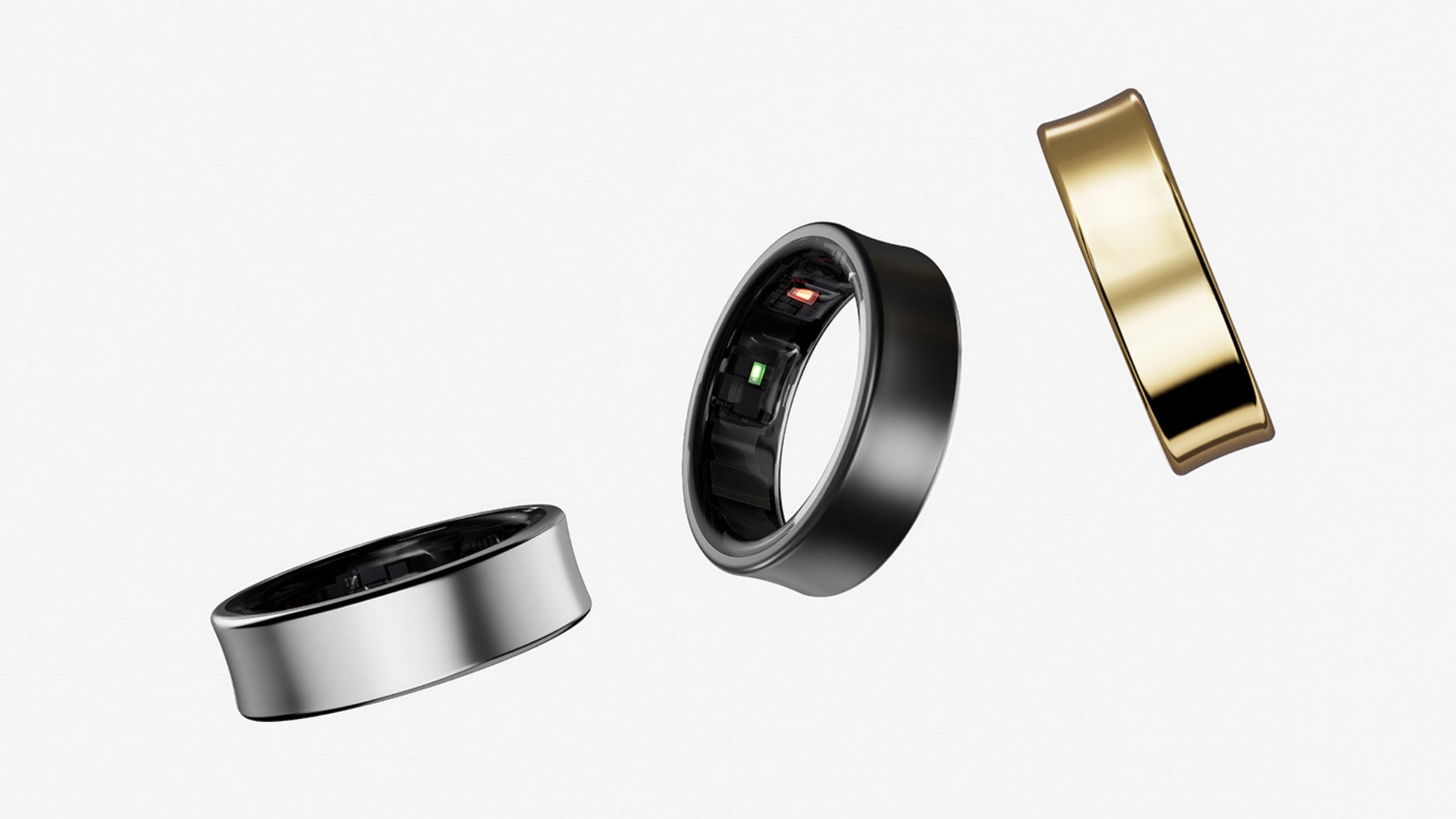If Apple really is serious about health it needs to copy the Samsung Galaxy Ring and soon
It's time for the Apple Ring.

Samsung has been teasing the Galaxy Ring for a little while now but the finger-based wearable is now officially official, and we know everything there is to know about it. Samsung shared all the details as part of a press conference that also saw the company announce new Galaxy smartwatches and foldable phones, but its entry into the world of smart rings is what should have put Apple on notice.
There have been recent rumors of the potential for an Apple Ring of late, of course. The Galaxy Ring is far from the first of its kind as well, and I'm a particular fan of the Oura Ring 3 that I've been wearing for the last year. But until now the market has been dominated by companies like Oura, relative startups to Apple's tech behemoth. Now that Samsung's on board, it's a whole new ball game — and Apple needs to get involved.
Apple is notorious for joining markets late and fixing most if not all of the problems that the early adopters had to deal with. It was late to the tablet world with the iPad, and it was late to the smartwatch market with the Apple Watch. The iPhone wasn't the first smartphone, either. But they were all better than what came before. So will the Apple Ring be the same? I hope so, because the Galaxy Ring looks pretty great thanks to a slew of health-related features the likes of which Apple has previously prided itself in. And if Samsung can do it, Apple can hopefully do it even better.
Apple Ring? That's got a ring to it!
Apple has made a big deal out of its health chops in recent years. The Apple Watch helps people track all kinds of things and that will continue with the arrival of watchOS 11 later this year, too. The Apple Watch Series 9 and Apple Watch Ultra 2 are great ways to monitor your health and activity levels, to be sure. But there's something different about a ring. A ring never comes off, it's always there — except when you're charging it, of course — and because it's on your finger experts say that a ring can capture more accurate heart rate measurements than a watch.
Another bonus is sleep data, another benefit brought about by wearing a ring overnight. Sure, you can wear a watch but fewer people do and those who are concerned about battery life wouldn't dream of missing out on those valuable charging hours.
"Starting with sleep, the foundation of wellness, Galaxy Ring features Samsung’s best-in-class sleep analysis and a powerful sleep AI algorithm to help you easily understand your sleep patterns and build better habits," Samsung's announcement press release reads. "Along with Sleep Score and snoring analysis, new sleep metrics such as movement during sleep, sleep latency, heart and respiratory rate provide a detailed and accurate analysis of sleep quality."
That's all good stuff, and it's stuff that I'd like to see in the Health app on my iPhone. The Oura Ring can collect some data and it has Health compatibility, but the Samsung Galaxy Ring won't work with an iPhone at all. An Apple Ring? That'd work flawlessly and, married with other data collected by an Apple Watch, could collect holistic health information that could make a real difference for people who have specific health needs or struggle to stay fit and healthy.
iMore offers spot-on advice and guidance from our team of experts, with decades of Apple device experience to lean on. Learn more with iMore!
Throw in Apple Intelligence and the Health app could leverage that information to provide real insights with real help. And for that reason, I can't wait to put an Apple Ring on my finger.
More from iMore

Oliver Haslam has written about Apple and the wider technology business for more than a decade with bylines on How-To Geek, PC Mag, iDownloadBlog, and many more. He has also been published in print for Macworld, including cover stories. At iMore, Oliver is involved in daily news coverage and, not being short of opinions, has been known to 'explain' those thoughts in more detail, too.
Having grown up using PCs and spending far too much money on graphics card and flashy RAM, Oliver switched to the Mac with a G5 iMac and hasn't looked back. Since then he's seen the growth of the smartphone world, backed by iPhone, and new product categories come and go. Current expertise includes iOS, macOS, streaming services, and pretty much anything that has a battery or plugs into a wall. Oliver also covers mobile gaming for iMore, with Apple Arcade a particular focus. He's been gaming since the Atari 2600 days and still struggles to comprehend the fact he can play console quality titles on his pocket computer.
